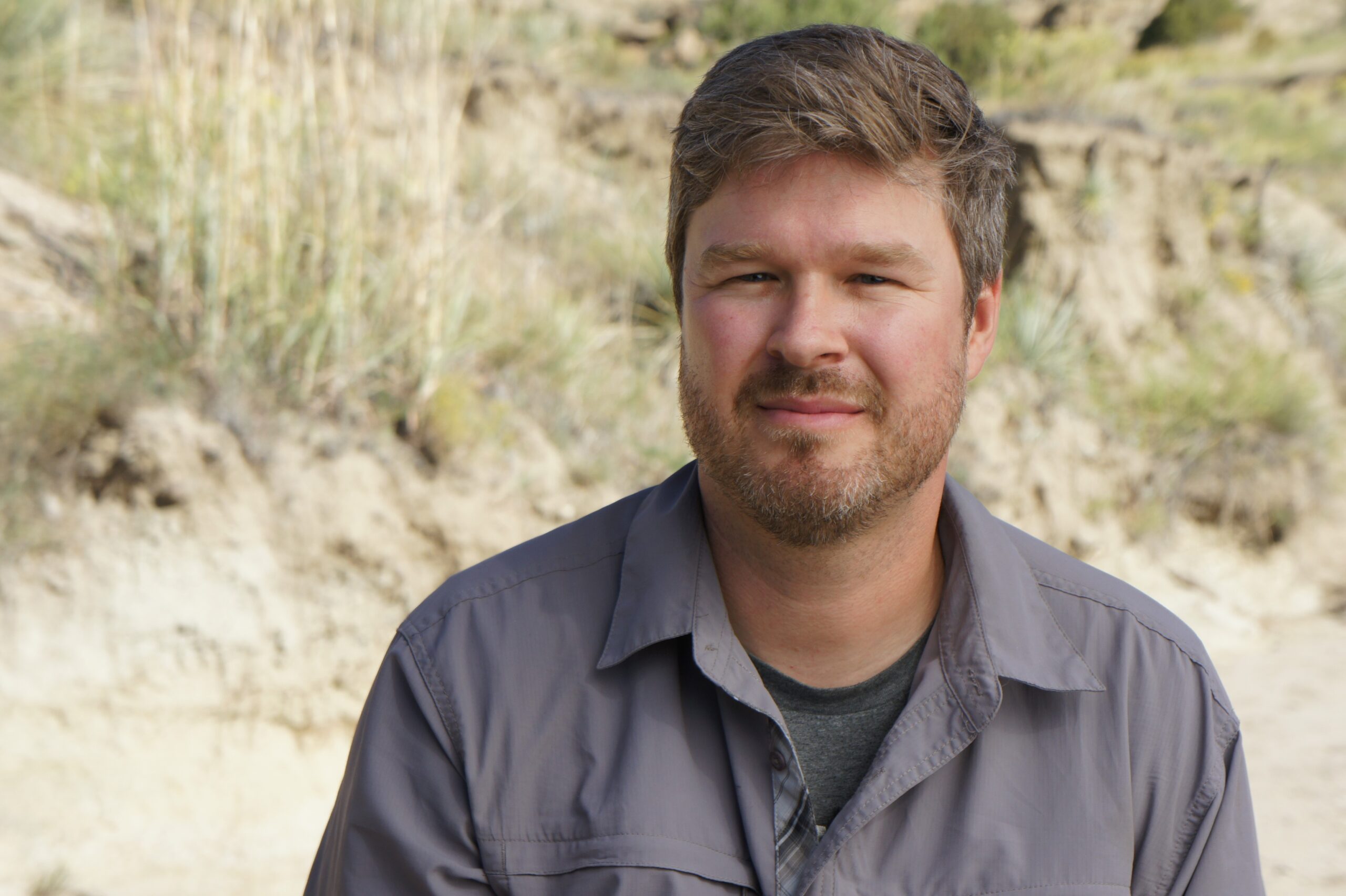| The spring seminar will be April 21st at 6 pm. If people are interested in getting the link they need to send an email to wendielwarner@gmail.com. I will send out the link a couple days before the seminar. The seminar is being offered for free but if you have found value in this or any previous seminar we would love for you to give a small donation (suggested $10 per person). This helps us pay the speakers for their time. You can send donations through PayPal here: https://www.fossilbeds.org/contact/ Seminar Information TITLE: After the Asteroid: Earth’s Comeback Story ABSTRACT: Sixty-six million years ago a 6-mile-wide asteroid slammed into Earth and caused the extinction of more than 75% of life on Earth, including the dinosaurs. This was the single worst day for life on Earth. How and when life rebounded in the aftermath of the extinction has been shrouded in mystery due to a poor fossil record. An extraordinary new discovery east of Colorado Springs preserves a remarkably complete fossil record with entire fossil mammals, turtles, crocodiles, and plants and paints a vivid picture of how life rebounded after Earth’s darkest hour. BIO: Dr. Ian Miller (pictured below) is Curator of Paleobotany and Director of Earth & Space Sciences at the Denver Museum of Nature & Science. In addition to running the Earth and Space Sciences Departments, he is in charge of the world-class collection of fossil plants at the Museum. His research focuses on fossil leaves and their applications for understanding ancient ecosystems and climate. He is presently working on projects in the Colorado Rockies and along the Colorado Front Range, the Grand Staircase Escalante National Monument in Utah, the San Juan Basin in New Mexico, the Williston Basin in North Dakota, and the Morondova Basin in Madagascar. Beyond his work as a scientist, Ian has led Museum initiatives aimed at deepening people’s connection with the natural world and unearthing major trends in new and existing audiences that will define the future of Museums. Ian received his PhD and MA in geology and paleobotany from Yale University, and his BA from The Colorado College. He has been with the Museum since 2006. |
 |
